the American Revolution
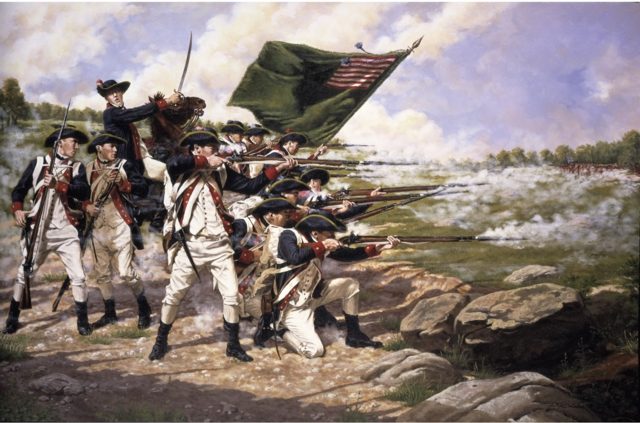 The Battle of Long Island – August 27, 1776
The Battle of Long Island – August 27, 1776
We had our American Revolution over two centuries ago and the years have done something to it. The legends remain, and the statues and the grassy earthworks and the great body of tradition, but a good deal of the reality has been filtered out – revised! When we look back to see Washington crossing the Delaware on a cold winter night, or kneeling in prayer in the snow of Valley Forge; we see the Minutemen, or a lanky Virginian rifleman picturesque in fringed buckskin; but somehow it all seems out of a pageant, and neither Washington nor the men who followed him quite come alive for us. Continue reading

 The Stamp Act of 1765 was the first internal tax levied directly on American colonists by the British Parliament. The act, which imposed a tax on all paper documents in the colonies, came at a time when the British Empire was deep in debt from the
The Stamp Act of 1765 was the first internal tax levied directly on American colonists by the British Parliament. The act, which imposed a tax on all paper documents in the colonies, came at a time when the British Empire was deep in debt from the 
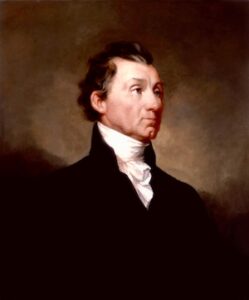
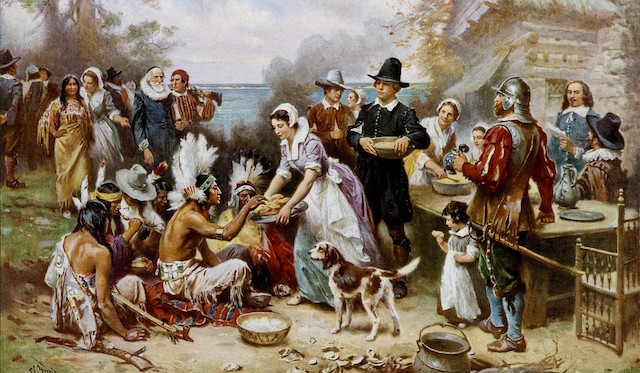 CHARLESTOWN, Massachusetts, June 20, 1676 – The American tradition of Thanksgiving, first celebrated by our Pilgrim Fathers more than half a century ago, was proclaimed today in formal statement for the first time from the steps of the Council House.
CHARLESTOWN, Massachusetts, June 20, 1676 – The American tradition of Thanksgiving, first celebrated by our Pilgrim Fathers more than half a century ago, was proclaimed today in formal statement for the first time from the steps of the Council House.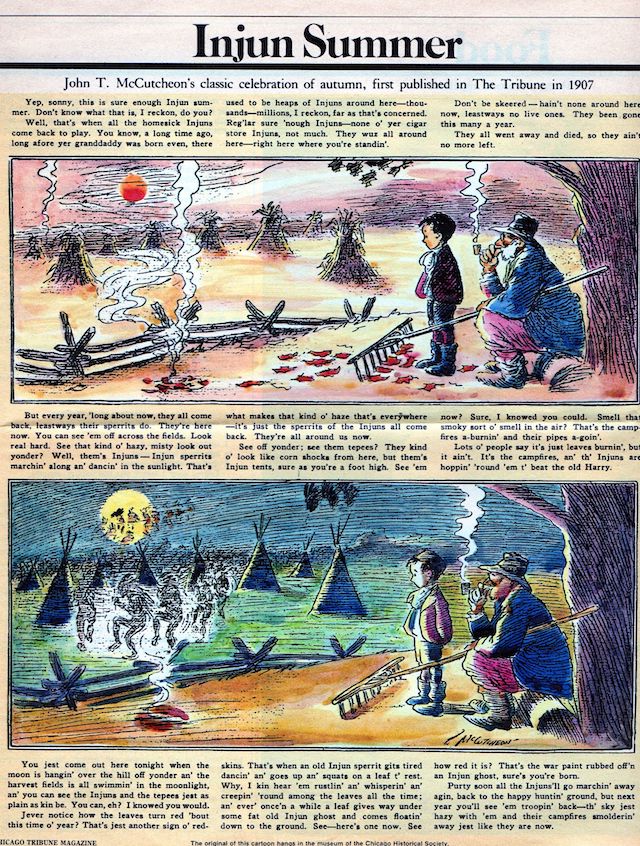
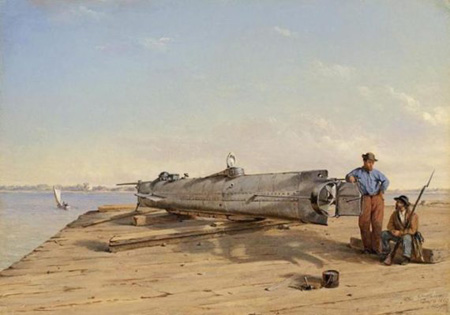 Dear Editor of The Post and Courier,
Dear Editor of The Post and Courier,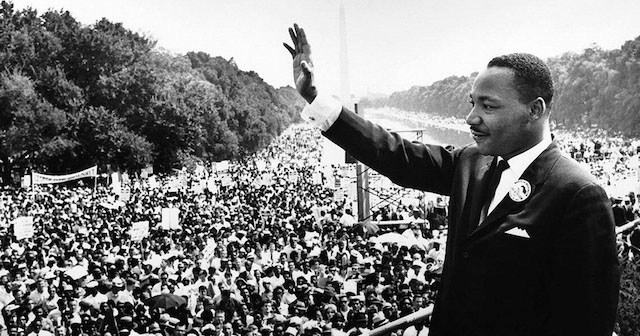 Webster’s Dictionary defines Racism as “The assumption that the characteristics and abilities of an individual are determined by race and that one race is biologically superior to another.” Another more direct way of saying it is “Blind hatred of another simply because of his/her race.”
Webster’s Dictionary defines Racism as “The assumption that the characteristics and abilities of an individual are determined by race and that one race is biologically superior to another.” Another more direct way of saying it is “Blind hatred of another simply because of his/her race.”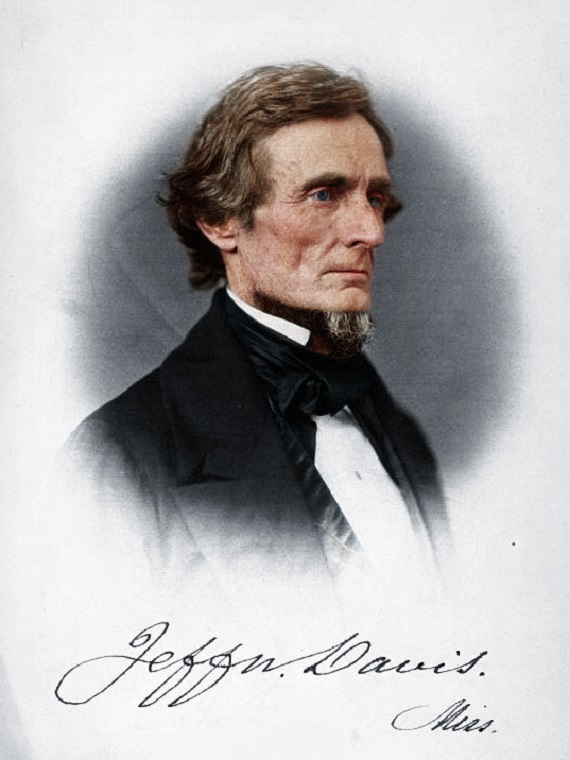 MONTGOMERY, April 29, 1861
MONTGOMERY, April 29, 1861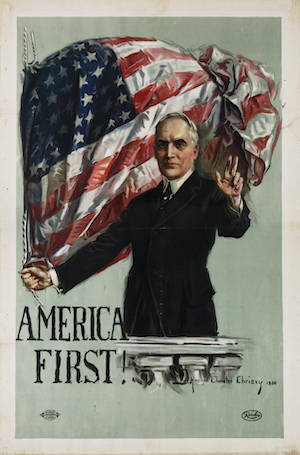 “I find a hundred thousand sorrows touching my heart, and there is a ringing in my ears, like an admonition eternal, an insistent call, ‘It must not be again! It must not be again!'” said a tearful President Warren G. Harding in May 1921, as 5,212 wooden caskets with the remains of American servicemen from France arrived on the docks in Hoboken, New Jersey.
“I find a hundred thousand sorrows touching my heart, and there is a ringing in my ears, like an admonition eternal, an insistent call, ‘It must not be again! It must not be again!'” said a tearful President Warren G. Harding in May 1921, as 5,212 wooden caskets with the remains of American servicemen from France arrived on the docks in Hoboken, New Jersey.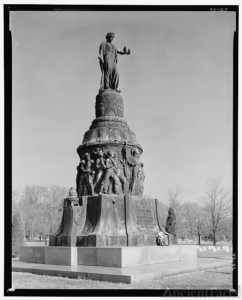 WASHINGTON (AP) — An independent commission is recommending that the Confederate Memorial at Arlington National Cemetery be dismantled and taken down, as part of its final report to Congress on the renaming of military bases and assets that commemorate the Confederacy.
WASHINGTON (AP) — An independent commission is recommending that the Confederate Memorial at Arlington National Cemetery be dismantled and taken down, as part of its final report to Congress on the renaming of military bases and assets that commemorate the Confederacy.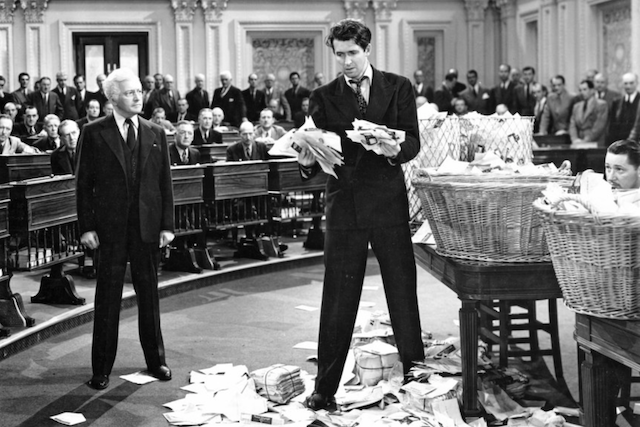 The most famous filibuster in American history is a fictional one. In Frank Capra’s 1939 film
The most famous filibuster in American history is a fictional one. In Frank Capra’s 1939 film 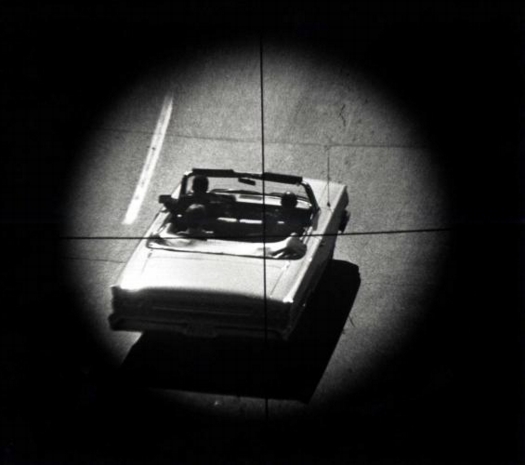 Owing to the many federal records that have been released over the years relating to the Kennedy assassination, especially through the efforts of the Assassination Records Review Board in the 1990s, many Americans are now aware of the war that was being waged between President Kennedy and the CIA throughout his presidency. The details of this war are set forth in FFF’s book
Owing to the many federal records that have been released over the years relating to the Kennedy assassination, especially through the efforts of the Assassination Records Review Board in the 1990s, many Americans are now aware of the war that was being waged between President Kennedy and the CIA throughout his presidency. The details of this war are set forth in FFF’s book 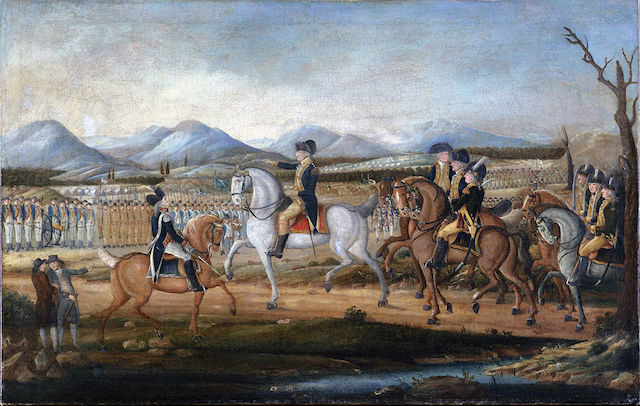 President George Washington writes to Henry “Light Horse Harry” Lee, Virginia’s governor and a former general, regarding the Whiskey Rebellion, an insurrection that was the first great test of Washington’s authority as president of the United States. In the letter, Washington declared that he had no choice but to act to subdue the “insurgents,” fearing they would otherwise “shake the government to its foundation.
President George Washington writes to Henry “Light Horse Harry” Lee, Virginia’s governor and a former general, regarding the Whiskey Rebellion, an insurrection that was the first great test of Washington’s authority as president of the United States. In the letter, Washington declared that he had no choice but to act to subdue the “insurgents,” fearing they would otherwise “shake the government to its foundation. 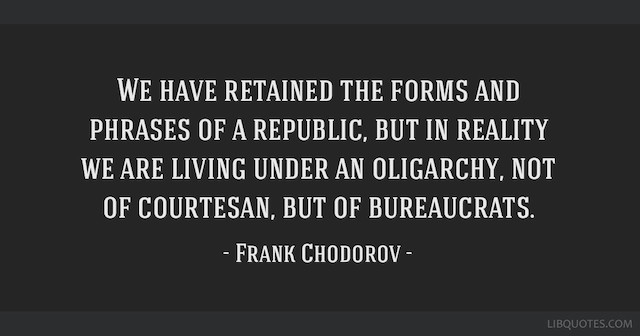 It is never too late to put up a fight for freedom. True, the prospect for such a venture at this time seems bleak indeed, what with the prevailing madness to push more power upon the political overseer so that he might the better regulate our lives. Recruits would be scarce. From the rank and file, those who under all circumstances are determined to be harnessed, little can be expected; they are too preoccupied with mere existence. And those who seem to have the necessary ingredients – that is, those who have by their own initiative pushed themselves above the general level – are equally fervent for a regulated and subsidized existence under an omnipotent State. Subvention has become everybody’s business.
It is never too late to put up a fight for freedom. True, the prospect for such a venture at this time seems bleak indeed, what with the prevailing madness to push more power upon the political overseer so that he might the better regulate our lives. Recruits would be scarce. From the rank and file, those who under all circumstances are determined to be harnessed, little can be expected; they are too preoccupied with mere existence. And those who seem to have the necessary ingredients – that is, those who have by their own initiative pushed themselves above the general level – are equally fervent for a regulated and subsidized existence under an omnipotent State. Subvention has become everybody’s business. 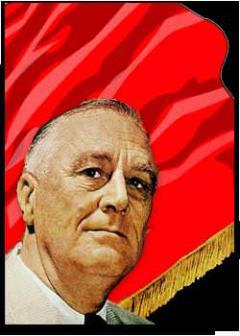 There are those who still think they are holding the pass against a revolution that may be coming up the road. But they are gazing in the wrong direction. The revolution is behind them. It went by in the Night of Depression, singing songs to freedom.
There are those who still think they are holding the pass against a revolution that may be coming up the road. But they are gazing in the wrong direction. The revolution is behind them. It went by in the Night of Depression, singing songs to freedom.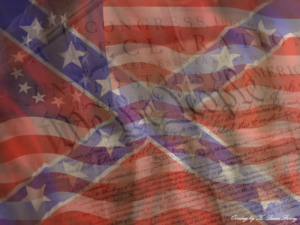 This weekend was a busy one… but no – nothing outdoors, as it is still too damned hot. I have spent hours moving my office and studio around to a degree, getting caught up on long-ignored files, and then less than an hour ago I was reviewing some old broadcasts and landed upon one which I had never re-aired nor re-listened to – and was totally shocked.
This weekend was a busy one… but no – nothing outdoors, as it is still too damned hot. I have spent hours moving my office and studio around to a degree, getting caught up on long-ignored files, and then less than an hour ago I was reviewing some old broadcasts and landed upon one which I had never re-aired nor re-listened to – and was totally shocked.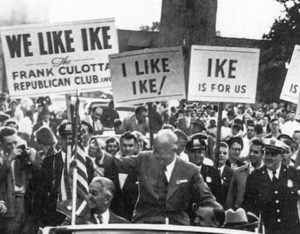 After the death of Taft and as the Eisenhower foreign policy began to take on the frozen Dullesian lineaments of permanent mass armament and the threat of “massive nuclear retaliation” throughout the globe, I began to notice isolationist sentiment starting to fade away, even among old libertarian and isolationist compatriots who should have known better. Old friends who used to scoff at the “Russian threat” and had declared The Enemy to be Washington, DC now began to mutter about the “international Communist conspiracy.” I noticed that young libertarians coming into the ranks were increasingly infected with the Cold War mentality and had never even heard of the isolationist alternative. Young libertarians wondered how it was that I upheld a “Communist foreign policy.”
After the death of Taft and as the Eisenhower foreign policy began to take on the frozen Dullesian lineaments of permanent mass armament and the threat of “massive nuclear retaliation” throughout the globe, I began to notice isolationist sentiment starting to fade away, even among old libertarian and isolationist compatriots who should have known better. Old friends who used to scoff at the “Russian threat” and had declared The Enemy to be Washington, DC now began to mutter about the “international Communist conspiracy.” I noticed that young libertarians coming into the ranks were increasingly infected with the Cold War mentality and had never even heard of the isolationist alternative. Young libertarians wondered how it was that I upheld a “Communist foreign policy.”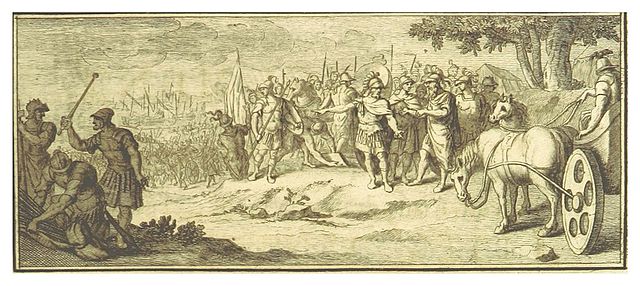
 Continue your lessons in learn the meaning of the Constitution and the principles of American government in this new version of Hillsdale’s most popular course.
Continue your lessons in learn the meaning of the Constitution and the principles of American government in this new version of Hillsdale’s most popular course.